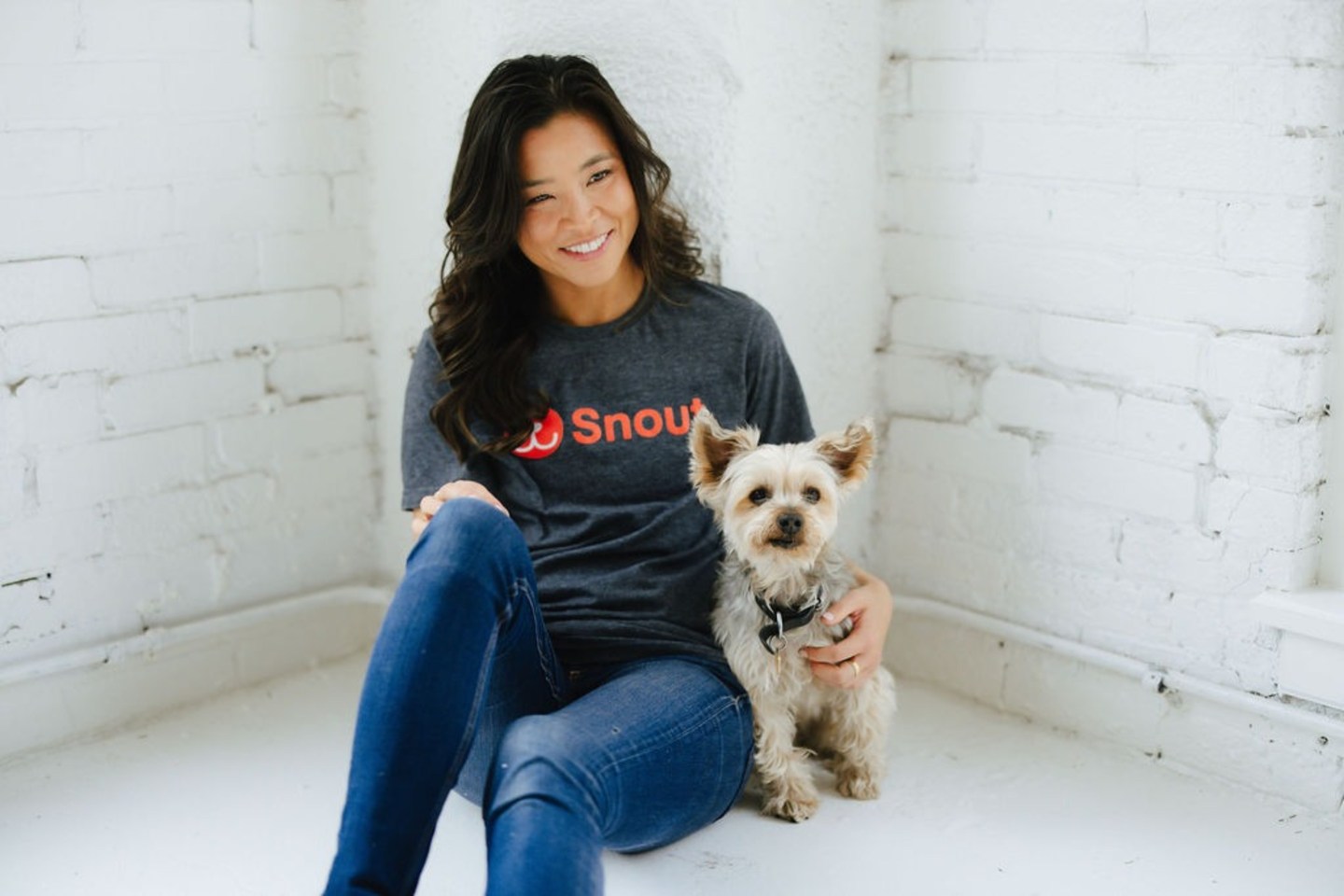This is the web version of CEO Daily. To get it delivered to your inbox, sign up here.
Good morning. David Meyer here in Berlin, filling in for Alan.
The British government is arguing with ice cream.
Surreal, yes, but the subject of the argument is deadly serious: it’s about migrants who crowd into small boats to cross the English Channel from France. After Home Secretary Priti Patel on Monday pledged to make these dangerous crossings “unviable,” Ben & Jerry’s U.K. took to Twitter to take her to task.
“Hey @PritiPatel we think the real crisis is our lack of humanity for people fleeing war, climate change and torture,” a thread from the ice cream brand began. Ben & Jerry’s went on to note that “the U.K. hasn’t resettled any refugees since March, but wars and violence continue.”
and once more for the back: PEOPLE CANNOT BE ILLEGAL.
— Ben & Jerry's UK 🧡 (@benandjerrysUK) August 11, 2020
It seems Ben & Jerry’s tweets rattled the government, because someone in Patel’s department, the Home Office, briefed the BBC that the firm’s ice cream was “overpriced junk food.” James Cleverly, a lawmaker from Patel’s Conservative Party, tweeted: “Can I have a large scoop of statistically inaccurate virtue signaling with my grossly overpriced ice cream please.”
Andrew Neil, a prominent conservative media personality, accused the brand of “posing as some kind of hippy ice cream play.”
“You’re now wholly owned by a massive global conglomerate called Unilever. Perhaps if it paid the taxes [the U.K. tax authority] thinks you should pay we could afford to accommodate many more asylum seekers,” Neil tweeted.
Indeed, Unilever is currently battling Her Majesty’s Revenue & Customs over a $166 million tax bill. But it’s not like Ben & Jerry’s has no form in this regard.
Ben & Jerry’s is the OG corporate activist. It may have recently run high-profile campaigns in support of Black Lives Matter—winning plaudits for an unequivocal statement saying “the murder of George Floyd was the result of inhumane police brutality that is perpetuated by a culture of white supremacy”—and the release of prisoners to reduce their exposure to COVID 19, but it’s been campaigning for progressive causes for decades.
That’s part of the Ben & Jerry’s brand, no matter who the parent company is (and Unilever is no slouch on the CSR front itself)—you may like it or disapprove, but “posing” doesn’t ring true in relation to a firm that’s always been this way. And whatever your views on the issues at hand might be, there’s no denying that Ben & Jerry’s activism still has the capacity to rattle the establishment.
More news below. And remember that Fortune is collecting nominations (until August 24) for our annual Most Powerful Women lists, which publish in our November issue.
David Meyer
@superglaze
david.meyer@fortune.com
TOP NEWS
Kamala Harris
Joe Biden has picked Senator Kamala Harris to be his running mate in November. Harris, 55, will be the first Black woman (and the first Asian-American) on a major party's presidential ticket in the U.S. Like Biden, she is a moderate within the Democratic spectrum—though that hasn't stopped President Trump's campaign team immediately branding her as "radical left." Fortune
U.K. recession
It's official: the U.K. is in its deepest-ever recession. Its economy contracted by 20.4% in Q2—the worst GDP drop of any G7 country during the pandemic, though at least it wasn't as bad as Spain's 22.7% shrinkage. This may have something to do with the U.K. being slower than its peers to impose a lockdown (its Q1 GDP fall was just 2.2%.) Guardian
TikTok tactic
TikTok has been caught out using an "unusual added layer of encryption" to hide user-tracking that violates Google's privacy policies. It seems the controversial app was, until November, covertly collecting device identifiers called MAC addresses. These are generally collected for the purpose of profiling users' activity, so as to better target ads at them. Wall Street Journal
Tesla stock
Tesla is splitting its shares in a 5-for-1 exchange, in a bid to make its stock more attainable for individual investors. So shareholders of record on August 21 will get a dividend of four extra shares of common stock for each share held at the time. Fortune
AROUND THE WATER COOLER
Airbnb IPO
Airbnb will reportedly file for IPO this month, with the aim of a listing by the end of the year. Morgan Stanley will apparently lead the offering. It's not yet clear what kind of listing Airbnb might seek (traditional, direct, or merging with a blank-check company) and, of course, the timeline could still fall apart due to wider events. WSJ
TSMC's role
Fortune's Eamon Barrett takes a close look at Taiwan Semiconductor Manufacturing Co., or TSMC, which is the world's biggest chipmaker, responsible for around half the world's contract processor production. He writes: "TSMC’s central place in the silicon ecosystem makes it particularly sensitive to the counterpunches of Sino-American trade tensions. As relations between China and the U.S. deteriorate, each is determined to insulate its supply of semiconductors from attack by the other—which means redefining their relationships with TSMC." Fortune
WeChat importance
So if and when President Trump's WeChat ban takes effect, how will that affect users in the U.S.? Many find the app "irreplaceable" because it makes it possible to keep in touch with older, less tech-savvy relatives in China. As Fortune's Naomi Xu Elegant writes: "It's one of the few apps that bridges the technological divide between China and the U.S." Fortune
Nestlé CEO
Mark Schneider, Nestlé's CEO, sets out his views on the pandemic and effects, along with many other issues, in this fascinating interview with Fortune's Beth Kowitt. Schneider on Nestlé maintaining its guidance for the year, while many other firms did not: "It was important to me that one of the ways as a company we can contribute to stability is by fully meeting our commitments. In Europe there was a debate that some companies should delay or reduce the dividends. We didn’t do that, because it’s someone else’s income." Fortune
This edition of CEO Daily was edited by David Meyer.











